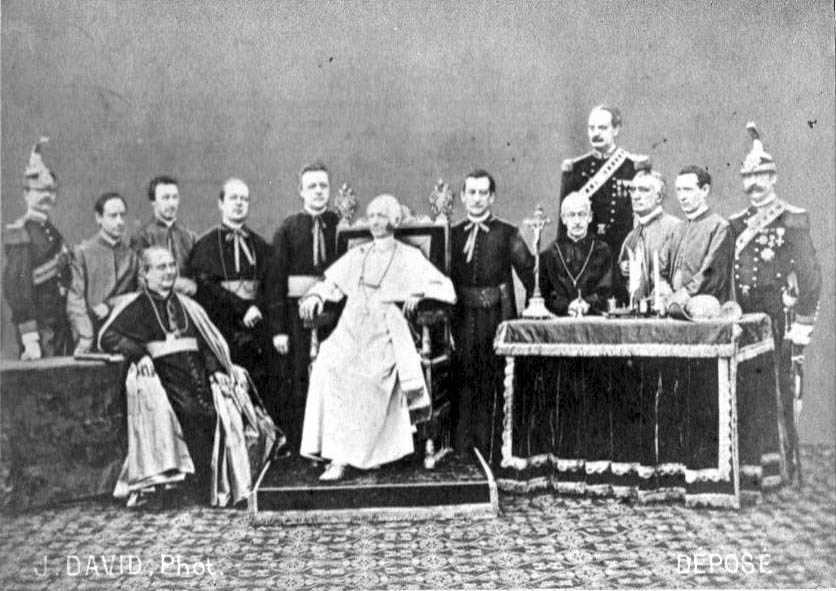
Rerum Novarum (Latin for “Of Revolutionary Change”) is a papal encyclical issued by Pope Leo XIII on May 15, 1891, addressing the rights and duties of workers and employers amid the Industrial Revolution, laying the foundation for modern Catholic social teaching.
Rerum Novarum? tackles the pressing social and economic issues of the Industrial Revolution, a time when factory workers faced grueling conditions, low pay, and little security, while wealth concentrated in the hands of a few industrialists. It champions workers’ rights—such as fair wages, reasonable working hours, and the freedom to form unions—while also defending the natural right to private property against the rising tide of socialism. Pope Leo XIII sought to strike a balance, criticizing the excesses of laissez-faire capitalism and the collectivism of socialism, offering instead a vision of justice rooted in Christian morality and human dignity.
He wrote it in response to the exploitation of workers, growing class tensions, and the rise of socialism, aiming to offer a Christian alternative that balanced justice with economic realities.
The Industrial Revolution brought rapid urbanization, harsh working conditions, and wealth disparities, which alarmed the Church and spurred Pope Leo XIII to address these “new things” affecting society.
Rerum Novarum? lays out several enduring principles: it upholds the dignity of work as a fundamental human activity, asserting that workers deserve a living wage sufficient to support a family, not just survive. It defends private property as a natural right essential to personal freedom and societal stability, yet insists that wealth carries a social responsibility to benefit the common good. The encyclical also calls for cooperation between labor and capital—rather than class conflict—and assigns the state a role in safeguarding the weak, all while grounding these ideas in Christian ethics and the belief that economic life should reflect moral order.
Rerum Novarum? rejects socialism as a solution, arguing that abolishing private property violates natural rights and undermines family stability, favoring instead a system rooted in justice and charity.
While not condemning capitalism outright, it criticizes unrestrained greed and exploitation, calling for employers to treat workers as persons, not mere tools, and to pay fair wages.
The state should promote the common good, protect workers’ rights, and intervene when necessary to prevent injustice, but not overstep into controlling private affairs excessively.
Rerum Novarum? launched modern Catholic social teaching, establishing a framework that popes like Pius XI (Quadragesimo Anno) and John Paul II (Centesimus Annus) built upon to address evolving social challenges. It inspired movements like Distributism, which was championed by G.K. Chesterton and Hilaire Belloc—which sought to apply its principles to economic reform. Within the Church, it shifted focus toward active engagement with the modern world, encouraging clergy and laity alike to confront issues of justice, labor, and poverty with a distinctly Christian perspective, a legacy that continues to shape Catholic thought and action.
It influenced labor movements, encouraged the formation of Christian trade unions, and provided a moral framework for addressing industrial-era inequalities, resonating beyond Catholic circles.
Its principles—worker dignity, fair wages, and a balanced economy—remain pertinent in addressing modern issues like income inequality, labor rights, and the ethics of globalization.